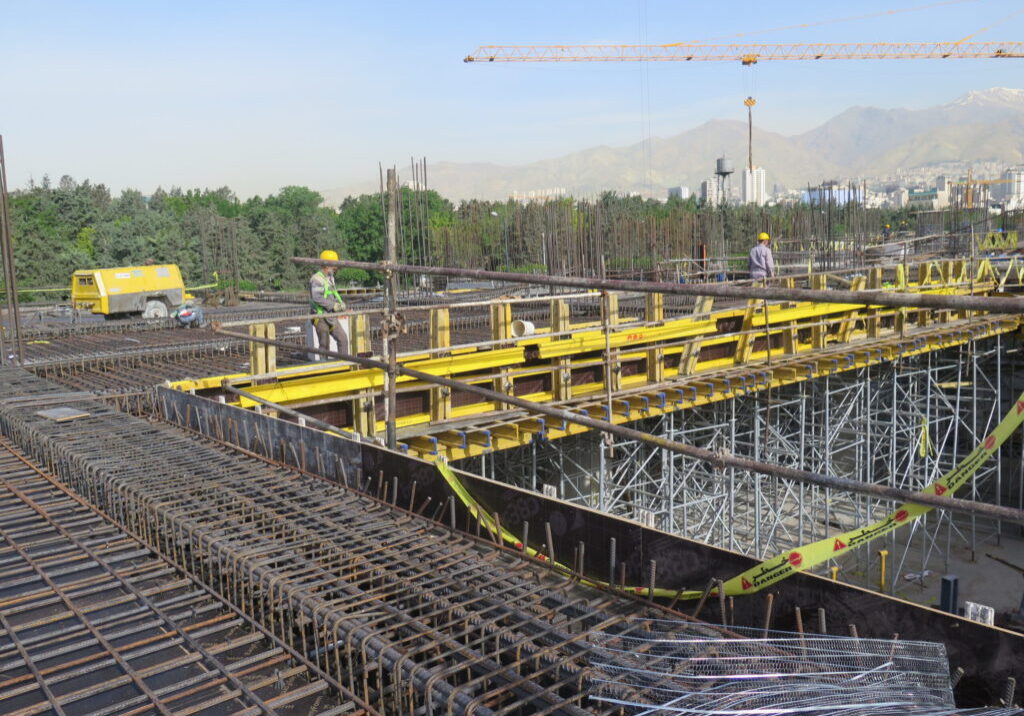Passive Defense
The definition passive defense
Passive defense is a set of basic and unarmed infrastructure measures that will eliminate or minimize casualties and financial losses of equipment and facilities in the event of attacks and crises
Security is one of the most essential and primary requirements of social and economic development in each country. One of the basic principles to reduce the vulnerability in the event of a crisis is passive defense measures and actions before it occurs. In defensive affairs, the application of the principles and considerations of passive defense is of special importance and can complete the complementary defense. Today, passive defense is one of the most effective and sustainable methods of defense against threats, considered by most countries in the world, even those countries with very high military capabilities (such as the United States and Russia) have paid special attention to this issue
The rapid growth of urbanization has not only changed the identity of the city and the expected functions, but has also created serious dangers in urban areas. In urban and regional planning, passive defense should be considered as a pre-crisis measure to reduce the vulnerability of infrastructure. Cities' resilience against insecurity may be enhanced through measures such as meticulous urban planning and design, identification of vulnerabilities, zoning of hazardous areas, and strengthening of organizations involved in crisis management and security. Other goals of passive defense are to reduce the capability of target recognition systems, improve the accurate targeting of enemy offensive weapons and impose more costs on them
In our country, despite the special geopolitical situation, having huge oil and gas wealth and reservoir , entering the fields of new technology and threats of global arrogance for the system, little attention has been paid to the issue of passive defense. The studies have indicated that the culture of passive defense is still very low even in Iran's metropolises and requires better planning
The principles of passive defense
The primary principles of passive defense are as follows:
*Selection of the safe areas in the geography of the country
*Dispersion in the distribution of functions according to threats and geography
*Selection of the optimal scale of dispersion and economic justification of the project
*Minimization, cheapening and initiative in passive defense
*Parallelization of dependent support systems
*Strengthening, and securing vital structures
*Locating the establishment of functions
*Managing the defense crisis in the scenes
*Camouflage and invisibility
*Blinding the enemy information system
*Concealment using natural effects
*Coverage in all areas
*Deception, initiative and diversity in all actions
*Production of dual-purpose structures
In order to adopt an effective security strategy, coherent, integrated and accurate approaches and procedures must be formed by well-meaning and creative people with innovation and available resources. Due to the importance and necessity of observing the principles of passive defense in projects, Metra Company, by training its experts in the organization's courses and passing the exam, succeeded in obtaining a certificate of competence in this field in 2020 and currently two projects are underway accordingly






